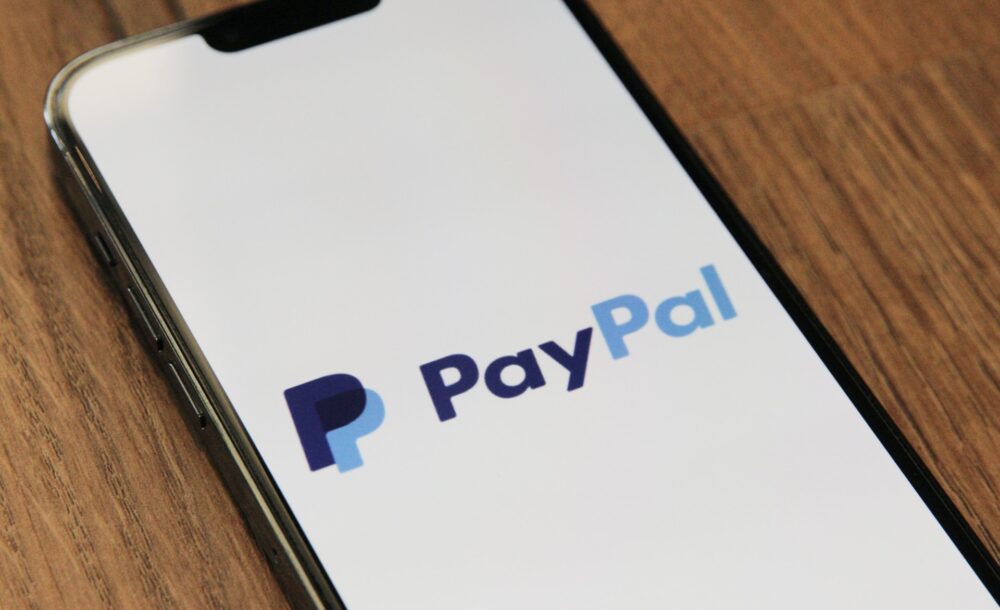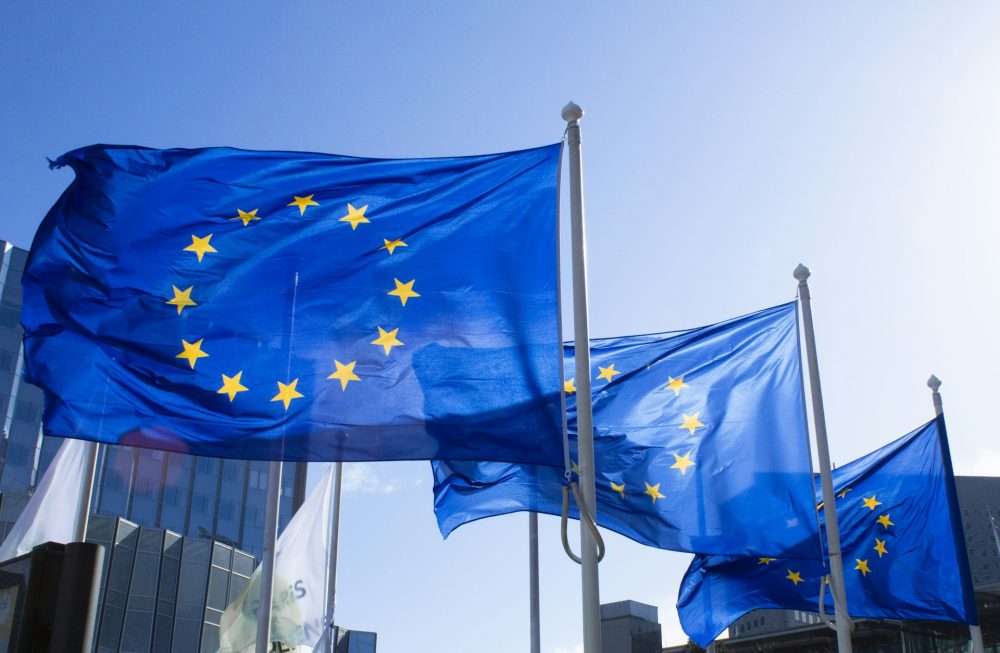Fintech
Paypal Shares Are Not Emerging from the Crisis: How the Fintech Sector Is Developing
Now, PayPal shares are worth around $54. That is not much more than at the time of the IPO in 2015. In 2022, it was still possible to argue that the broader market was not doing well, and the tech market was not doing well. But PayPal failed to make a comeback this year too. However, there is no question that fintech companies are a good bet for the future. PayPal also continues to firmly believe this.

The fintech sector was unable to live up to its own hype in 2022 – shares and sector ETFs disappointed across the board. Has the sector been able to fight its way back up this year and is it worth investing again?
For a long time, PayPal (WKN: A14R7U) was seen as a fintech company that investors should definitely invest in. When talking about fintech investments, Paypal was more than just “included”. And its success seemed to prove both the company and investors right. 2020 and 2021 were extremely successful, with the share price reaching over $300 at times.
Read more about PayPal and find the latest financial news of the day with the Born2Invest mobile app.
The fintech sector crashes hard after soaring high
However, disillusionment soon followed – and with it, the share price plummeted. At the moment, PayPal shares are worth around $54. That is not much more than at the time of the IPO in 2015. In 2022, it was still possible to argue that the broader market was not doing well and the tech market in particular was not doing well. But PayPal failed to make a comeback this year too.
But what are the reasons for PayPal’s plummeting share price? The business model still seems to be working well and more and more e-commerce companies are offering Paypal as a payment service provider – the share should actually be successful accordingly.
However, what appears to be working well from the outside is somewhat different in reality. For example, growth is low, margins are declining, the credit portfolio has been sold and a sale of Xoom, which enables customers to easily transfer money abroad, is soon to follow. The imminent departure of CEO Dan Schulmann is also not necessarily reassuring for investors, even though it is now clear that Alex Chriss will take over the position.
Allegations of unfair business practices at PayPal
In the USA, there are also allegations that PayPal is comparing data with the US Department of Homeland Security and blocking the accounts of people suspected of engaging in dishonest activities – but these suspicions are not always true, meaning that even innocent citizens can no longer access their accounts. Similarly, relatives’ accounts have reportedly already been blocked if someone has had a dispute with PayPal, and the account can also be frozen for 180 days.
In Germany, consumer protection organizations filed a lawsuit against PayPal in 2018 because several users had complained that they could no longer access their funds. The company subsequently changed various formulations in its terms of use.
The company also wants to exert political influence – in 2011, there were allegations that PayPal was blocking the accounts of European merchants trading in goods from Cuba. Paypal referred to the US trade embargo against Cuba from 1962, but the implementation of the embargo was illegal in Europe.
It is therefore hardly surprising that investors are unsettled and Paypal is no longer particularly high on the stock wish list. How the company will reposition itself with the change in management will become clear in the coming year – it is currently impossible to predict whether the share will then make a comeback.
How are other fintech companies faring?
However, there is no question that fintech companies are a good bet for the future. PayPal also continues to firmly believe this. For example, the company invested in the German company Finanzguru in April of this year. The Frankfurt-based fintech operates an app that customers can use to track more than just their income and expenditure. Finanzguru uses AI to analyze the customer’s financial situation and makes suitable offers for financial products or insurance based on this.
Finanzguru is not yet listed on the stock exchange – nor is the Swedish payment service provider Klarna. The company has a valuation of 6.7 billion US dollars and the financial world is eagerly awaiting its IPO – but no date has yet been set. However, the signs are currently good: Klarna was able to generate profits this year for the first time since 2019.
This fintech ETF could be worthwhile
If you don’t want to wait for this, you can help yourself with a fintech ETF. The brave can try the relatively new Grayscale Future of Finance UCITS ETF. It includes companies such as Coinbase*, Robinhood, Northern Data, and PayPal. In the current year, investors should be pleased: the share price has risen by a whopping 43.74%. This is particularly pleasing because the ETF lost 49.29% of its value in its first year in 2022. However, the long-term development remains to be seen.
If you want to invest in fintech companies, you should always be aware that many companies in this sector are currently still start-ups and that the shares (and therefore the corresponding ETFs) can be volatile. They should therefore only cover a small part of the portfolio.
__
(Featured image by Marques Thomas via Unsplash)
DISCLAIMER: This article was written by a third party contributor and does not reflect the opinion of Born2Invest, its management, staff or its associates. Please review our disclaimer for more information.
This article may include forward-looking statements. These forward-looking statements generally are identified by the words “believe,” “project,” “estimate,” “become,” “plan,” “will,” and similar expressions. These forward-looking statements involve known and unknown risks as well as uncertainties, including those discussed in the following cautionary statements and elsewhere in this article and on this site. Although the Company may believe that its expectations are based on reasonable assumptions, the actual results that the Company may achieve may differ materially from any forward-looking statements, which reflect the opinions of the management of the Company only as of the date hereof. Additionally, please make sure to read these important disclosures.
First published in extraETF. A third-party contributor translated and adapted the article from the original. In case of discrepancy, the original will prevail.
Although we made reasonable efforts to provide accurate translations, some parts may be incorrect. Born2Invest assumes no responsibility for errors, omissions or ambiguities in the translations provided on this website. Any person or entity relying on translated content does so at their own risk. Born2Invest is not responsible for losses caused by such reliance on the accuracy or reliability of translated information. If you wish to report an error or inaccuracy in the translation, we encourage you to contact us

-

 Biotech2 weeks ago
Biotech2 weeks agoAsebio 2024: Driving Biotechnology as a Pillar of Spain and Europe’s Strategic Future
-

 Business10 hours ago
Business10 hours agoDow Jones Nears New High as Historic Signals Flash Caution
-

 Business1 week ago
Business1 week agoFed Holds Interest Rates Steady Amid Solid Economic Indicators
-

 Fintech5 days ago
Fintech5 days agoMuzinich and Nao Partner to Open Private Credit Fund to Retail Investors
























